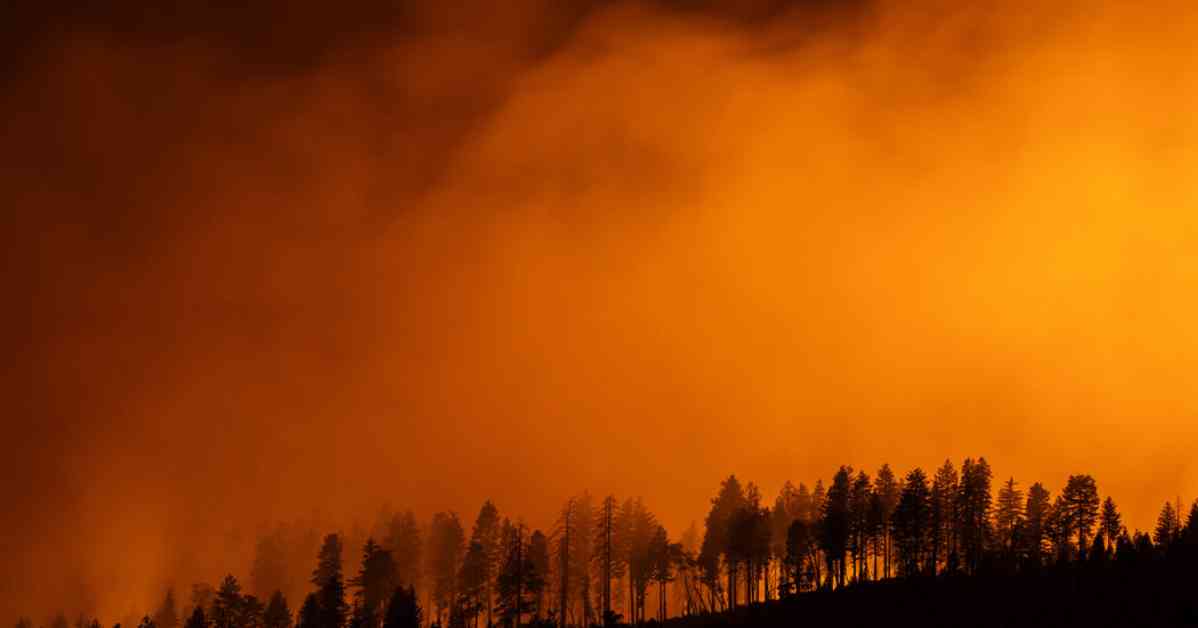Fires are raging out of control in the western United States, stretching resources and posing a serious threat to communities in the region. The Park fire near Chico, California, has become the largest wildfire in the western U.S., scorching an area of about 390,000 acres. This fire, along with nearly 50 other large fires burning throughout the West, highlights the potential for a devastating wildfire season.
The rapid growth of the Park fire in just one week to become the fifth-largest in California’s history is alarming. The dry and hot conditions in the region are fueling these fires, with experts warning of more blazes to come. While this year may not yet compare to the destructive 2020 wildfire season, the sheer number of fires burning across Western states is overwhelming firefighting resources.
Alex Robertson, the director of fire and aviation management for the U.S. Forest Service, expressed concern about the early intensity of this wildfire season. Typically, firefighting efforts peak in August and early September, but this year, they are already at full capacity in August. The Forest Service has had to request assistance from Australia and New Zealand to help manage the fires in California, Washington, Oregon, and Colorado.
Tragically, at least one person has lost their life to a wildfire near Denver, and a historic town near Bakersfield, California, was destroyed by the flames. The total area burned in the Western U.S. in the past week exceeds half a million acres, according to the Times wildfire tracker. The situation is dire, with resources being stretched thin and the need for international assistance becoming apparent.
In addition to the Park fire, other significant wildfires are also burning in the region. The Alexander Mountain fire, which has been active for two days, has consumed 6,800 acres with containment details currently unavailable. The Swawilla I fire, burning for 14 days, has engulfed 47,000 acres and is 45% contained. These fires, along with many others, are contributing to the ongoing crisis in the Western U.S.
As communities face the devastation caused by these wildfires, it is crucial for residents to stay informed, follow evacuation orders, and support firefighting efforts. The impact of these fires extends beyond the immediate danger, affecting air quality and posing long-term environmental challenges. Cooperation and coordination among local, national, and international agencies are essential to combatting these fires and protecting lives and property in the Western United States.


















